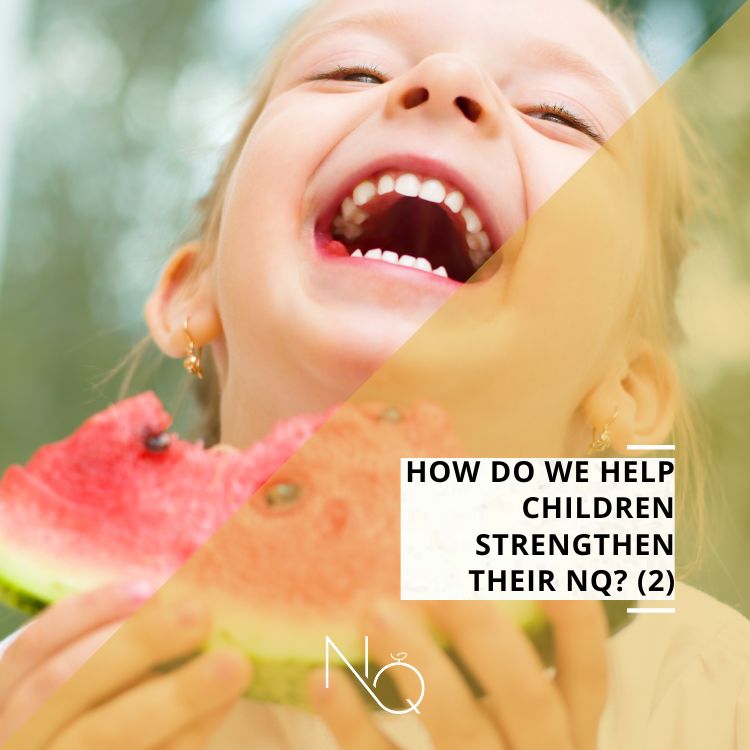Continuing from the article "How do we help children strengthen their NQ? (1)", we suggest additional ways to help children develop a positive relationship with their diet and body.
1. We cook together with the children.
The best way for children to learn about food is through hands-on engagement, which cooking provides. Allowing them to help us in the kitchen, under supervision, gives them space to experiment. They can mix, cut, weigh, and bring ingredients from the fridge, taking their first steps in the kitchen.
2. We teach children that they are unique.
Children can observe and recognize diversity for themselves. They notice differences in height, hair color, clothing, etc. Their honesty comes from this genuine observation, and they do not naturally judge someone for being different. We should encourage this ability and avoid poisoning it. It's essential for children to remember that everyone is different, and that uniqueness is beautiful. This way, they will be more likely to accept themselves as they grow older.
3. We help children listen to their bodies.
Children may not always be fully aware of how their bodies feel at any given moment due to their young age and limited experience in describing sensations. However, people are inherently wired to listen to their bodies. With the right guidance, children will gradually learn to express whether they need to use the toilet, if they feel hungry, full, thirsty, or are experiencing emotions.
4. We empower children against negative comments from peers or adults.
By building strong communication bonds with children, we create a safe space for them to talk to us. If they ever encounter mocking comments or criticism about their bodies or diet from peers or others, they will feel comfortable discussing it with us. This gives us an opportunity to have constructive discussions about nutrition, body image, and related topics.
5. We collaborate with other caregivers to have a unified approach to their nutritional education.
It is essential to ensure that all caregivers involved in a child's life share a common approach to managing their nutrition. Communicate with grandparents, nannies, and others to align their understanding and practices regarding the child's eating habits. However, recognize the limits of this tactic, especially if the child spends more time with other caregivers than with us.
6. We set an example as role models for children's nutrition.
Remember that we are the primary role models for children in terms of nutrition. Children often imitate what they see, so we need to be mindful of our own eating habits. For instance, if we want children to eat afternoon fruit, it's essential for us to demonstrate the same behavior rather than eating ice cream every day. By focusing on our nutritional practices, we can collectively develop a positive relationship with nutrition as a family.
These tips aim to help children build a balanced and healthy relationship with their diet and body. Together with the article "How do we help children strengthen their NQ? (1)," this provides a comprehensive summary of ideas and practices to support parents and caregivers in contributing to children's nutritional education in the best possible way.




